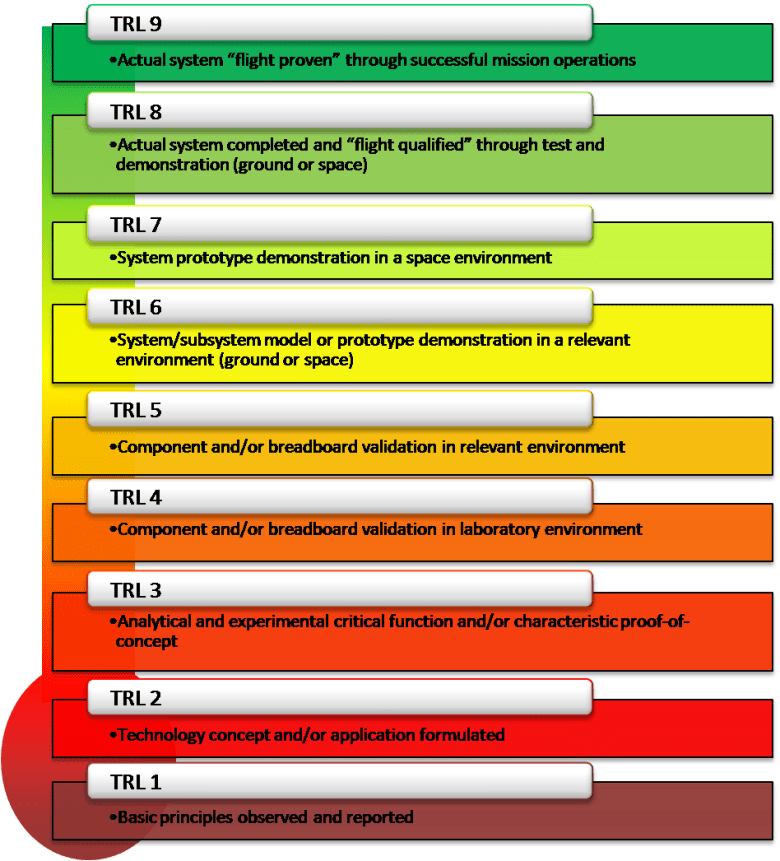TAMPA, Fla. — Space robotics specialist GITAI has raised an extra $15.5 million in venture capital to help expand into the nascent in-orbit servicing market.
The Torrance, California-based venture said Nov. 13 it has now raised around $83 million in total venture funding, including $45 million via two separate Series B funding rounds last year.
Japanese billionaire and commercial astronaut Yusaku Maezawa’s venture capital fund led the latest round.
GITAI, which moved its headquarters from Japan to the United States in late 2023 in search of growth in the country’s space and defense markets, has been busy developing rovers and robotic arms that could help build infrastructure on the Moon.
Last month, the venture said its 2-meter-long Inchworm robot arm passed evaluations corresponding to Level 6 of NASA’s Technology Readiness Level (TRL), following thermal vacuum chamber tests on Earth simulating the lunar South Pole environment.

Earlier this year, GITAI said its 1.5-meter-long S2 robotic arm system achieved TRL 7 while mounted outside the International Space Station.
Since relocating to the United States, GITAI has secured a NASA research contract for building towers on the Moon with autonomous robots that could be used for communications or power generation, and a DARPA award to study lunar architecture.
Satellite plans
Sho Nakanose, GITAI’s founder and CEO, also sees a growing opportunity in the in-orbit servicing market and has two upcoming demonstration missions in the pipeline.
He said the venture is scheduled to fly a test 20-kilogram satellite in December on a SpaceX launch, followed by a more capable 500-kilogram-class spacecraft in October 2025.
The second spacecraft would be equipped with a robotic arm and launched with a dummy satellite to demonstrate proximity operations, docking, and life extension tasks in low Earth orbit.
“Launch contracts for these two demonstrations have already been secured with SpaceX, and the budget has been secured,” Nakanose told SpaceNews.
He said its latest fundraising will support follow-on demonstrations and customer missions from 2026, although details have not been finalized.
“GITAI currently has sufficient cash reserves, with the next planned funding round (Series C) scheduled for 2026 or later,” he added via email.
“However, several US venture capital firms and investment departments of US space companies are considering investments in GITAI, so there is a possibility of holding another follow-on round within the next year.”
Investor sentiment in the space market is currently quite cautious, according to Nakanose, and the financial climate has been cooling as startups continue struggle to secure funding.
Even still, he said investors continue to show interest in startups with strong technical capabilities, particularly those aligned with defense-related needs.
Japan-based Astroscale, Starfish Space of the United States, and Switzerland’s ClearSpace are also developing servicing spacecraft to meet anticipated demand for helping maintain increasingly crowded orbits.
Meanwhile, servicers from Northrop Grumman’s Space Logistics subsidiary are currently prolonging the operational life of two Intelsat geostationary satellites through a recently extended contract.